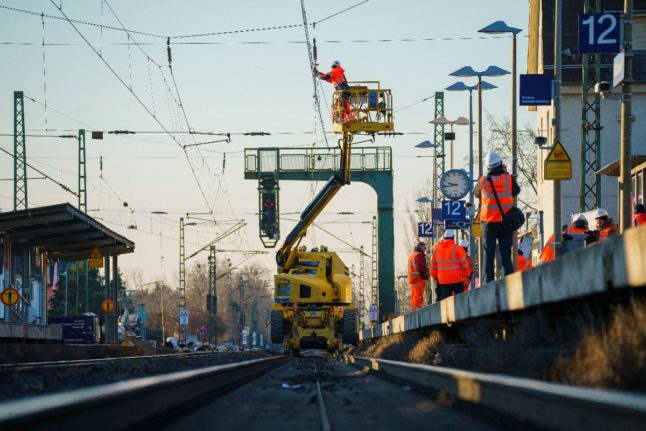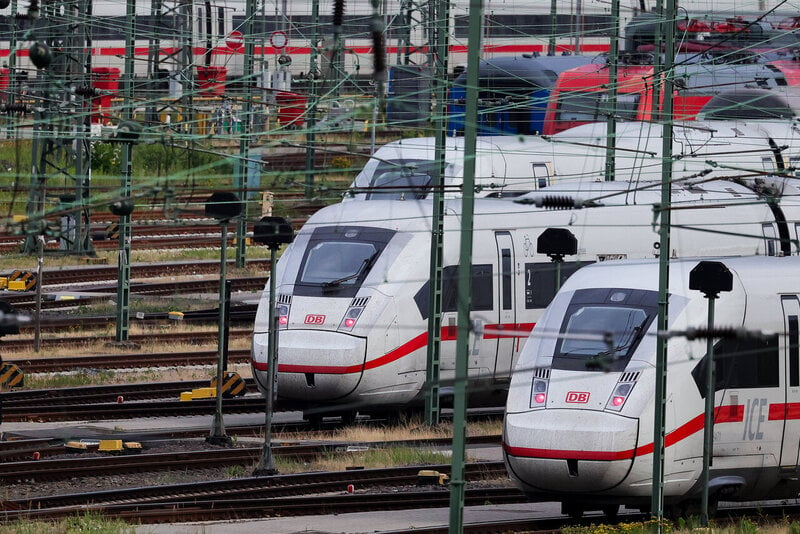As part of a host of energy relief measures to cushion the cost of living crisis, the German government is offering cheap public transport for the months of June, July and August.
Monthly tickets will be available at a price of €9 (or €27 for all three months) and they will allow people to use all buses, trains and trams in local and regional transport throughout the country.
So even if people buy the ticket in Munich, they will also be able to use local and regional buses, trains and trams elsewhere in Germany, whether it’s Hamburg or Cologne.
READ ALSO: How to explore Germany by train with the €9 ticket
The ticket will not be valid, however, on long-distance transport such as ICE trains or Flixbus.
The offer was put together by the coalition government – made of the Social Democrats, the Greens and the FDP.
The Bundestag voted for the initiative on Thursday, agreeing to give federal states a subsidy of €2.5 billion to fund the project.
And on Friday, the Bundesrat – the upper house of parliament that represents the states – gave the green light to the ticket, paving the way for it to begin on June 1st.
States had wanted an extra €1.5 billion funding boost to deal with lost revenue, however it would have been hugely controversial if they had blocked it.
READ ALSO: German states threaten to block the €9 ticket in the Bundesrat
During a debate on Thursday, federal Transport Minister Volker Wissing (FDP) said the €9 project was “already a success”.
“All of Germany is talking about local public transport,” he said, adding that it is also being viewed with interest abroad.
READ ALSO: ‘Fantastic’: Your verdict on Germany’s €9 ticket
The Left party (Die Linke) voted in favour of the €9 ticket, but leader Bernd Riexinger said he thought the plan didn’t go far enough. “Three months is simply too little,” he said.
The opposition, however, slammed the move. Christian Democrat Michael Donth called it an “expensive experiment”.
Rail operator Deutsche Bahn will offer the ticket for sale as early as Monday. Local public transport providers across the country are also preparing their ticket machines for the initiative. It will also be available in travel centres.
People with subscriptions to local transport will automatically benefit from the offer.
In some regions, such as Stuttgart and Freiburg, the ticket is already available for purchase.
READ ALSO: How to get a hold of the €9 ticket in Berlin




 Please whitelist us to continue reading.
Please whitelist us to continue reading.
Member comments